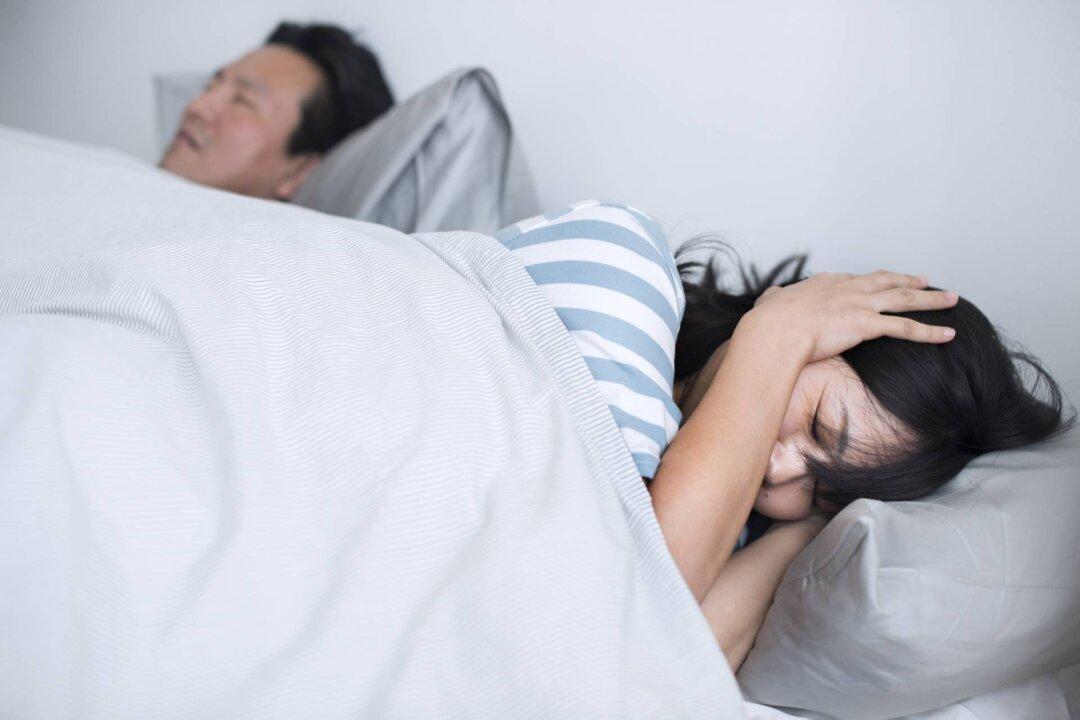Hong Kong is currently experiencing its fifth wave of a COVID-19 outbreak. About 150,000 children and young people aged 19 and below are infected with the disease, some of whom have developed severe symptoms.
Furthermore, a study by Princess Margaret Hospital in Hong Kong found that nearly 300 children developed long COVID or post-COVID conditions. A young girl reportedly experienced temporary blindness and hair loss.




